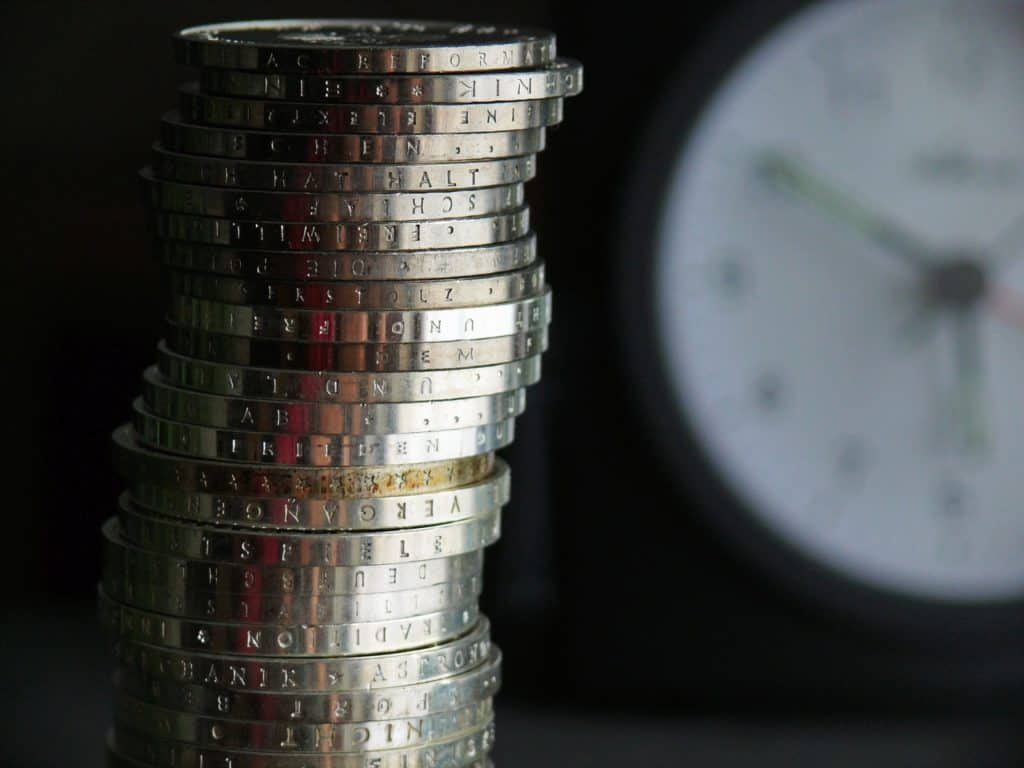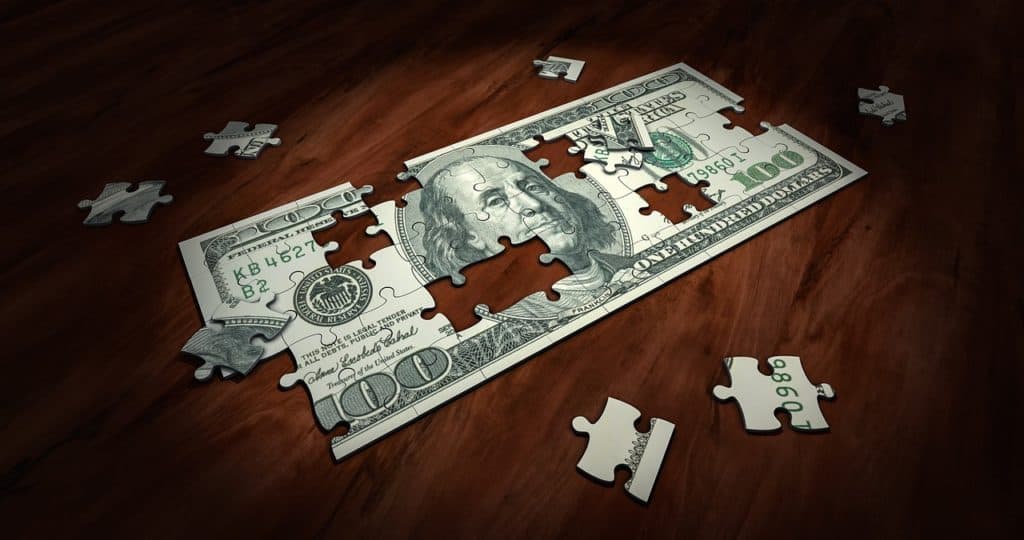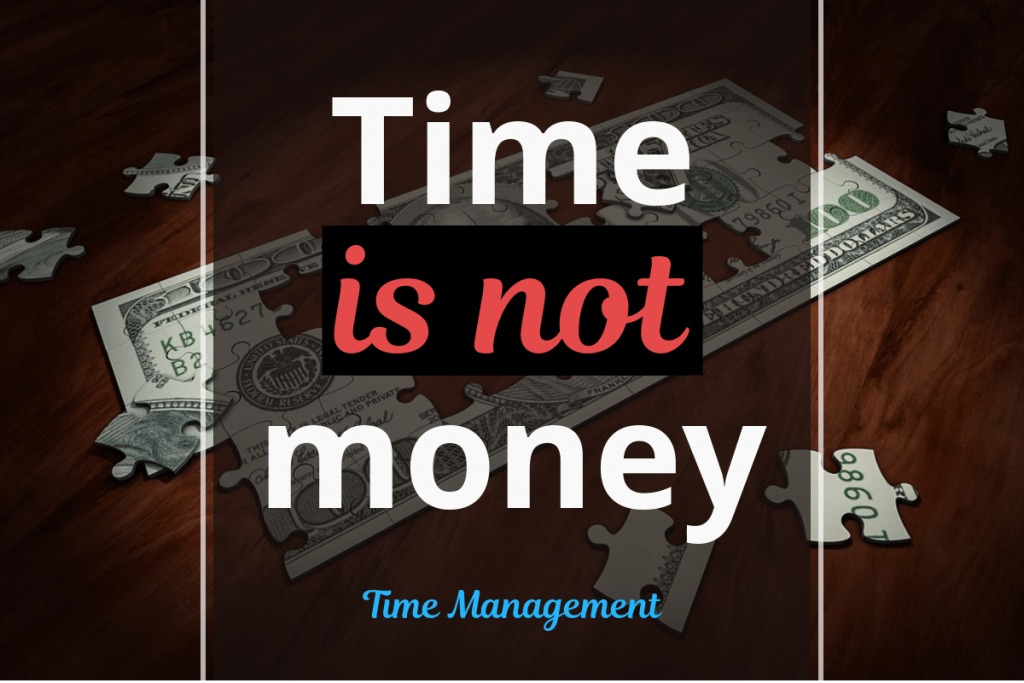🖊 This article was last updated on February 16, 2021
Anyone who says “time is money” has never tried to pay an electric bill with minutes. The truth is, time and money are as separated from each other in concept as they are in practice. Banking money can be as simple as tossing a few coins into a jar, but you can’t bank time at all. Money spent can be replenished, but time, once spent, is gone forever. Because the value of something is based on its availability, this means that time is far more valuable than money for the entrepreneur, and for everyone else on our planet.
Time is Not Money

I recently asked a few people a seemingly random question: “If you could choose one thing, what would you want more of?”. Maybe not surprisingly, having more money was one of the things that were answered most of the time.
How is it that money is so often valued more than time? Isn’t time what we really need more of, simply because we can’t have more of it? Time is one of the most limited resources we have. Yet we are far more generous with our time than we are with our money. If someone on the street stopped you and asked for $100, you’d cross the street with your wallet clutched against your heart. If that same person stopped you and asked for a few minutes of your time, you would be far more likely to give it to him. yet we can always make more money, but we can’t make more time.
Everyone has different opinions on how much money they need, different definitions of wealth, and differing budgets of all kinds. Time? It doesn’t matter who we are, time is measured equally. There are only 24 hours in a day, no matter your status, your dreams, or your goals.
Every single minute is unique, and can never be regained again once it’s gone.
How time is Similar to Money

Okay, Maybe Benjamin Franklin was right for a little bit. Time is definitely similar to money in certain ways. It’s very smart, for example, to budget your time (planning) to spend it on what’s most important for you (prioritizing), just like we (should) do with our money.
And of course, you can buy time with money by outsourcing or delegating tasks. The other way around is true as well, as you can trade money for your time by providing value.
But if time is such a finite and precious resource, then why do we waste so much of our precious time worrying about our money? Every day, as entrepreneurs, we spend countless hours poring over bank accounts and investments, plotting to take over the banking world or simply trying to survive for one more month.
Battling the Limits of Time
Deadlines, work overloads, obligations and “just one more hour” at the office are the enemies of time. The best way to combat the enemy is to organize your time so you spend as little of it doing as much with it as you can.
- Budget your time as carefully as you budget your money.
- You can buy some time with money through outsourcing and delegation, and you can buy money with time by providing exceptional value. Just remember that the key is a good balance of both.
- Spend some time each day doing what you enjoy, not just what you have to do. Step away from the computer and spend time with family and friends, reading a book, taking a walk; at the end of the day, you should be happy with how you managed your time. The risk of not achieving the right work-life balance is a syndrome known as entrepreneurial burnout.
- Take breaks throughout the day to break up the monotony and rejuvenate you. Breaks are a crucial part of keeping your mind alert and plowing through the work day so you can finish early and leave the office behind.
- Unplug the phone and emails after work and stay unplugged through the weekend. You will waste precious time checking emails on your down time because you are hard-wired to see things through; humans can’t leave things unfinished, such as an unanswered alert.
- Unplug throughout your day to focus on your work. A 2015 study found that even unanswered alerts will distract you significantly enough to cause workplace errors. Your best solution is to create certain times to turn your phone on or check emails, saving you time wasted on distractions during your workflow.
Conclusion

The common saying that “time is money” is, at its very heart, dishonest. Time is not money; it is a resource far more valuable than physical wealth. Careful choices can allow you to use your time and your money together but remember that one can be replenished while the other can never be renewed. Stop wasting time worrying about money, and spend it doing the things you love. Set specific limits on your days to get the most free time out of them as you can; this is why you wanted to be an entrepreneur to start with, isn’t it?
Need more reason to spend your time more wisely? Consider this quote:
“No man ever said on his deathbed, ‘I wish I had spent more time at the office.”
(Paul Tsongas, United States Senator)
- These Black Friday deals will skyrocket your productivity (2021 edition) - November 11, 2021
- How to Stay Productive as a Digital Nomad - December 23, 2019
- When is the right time to outsource? - December 3, 2019

